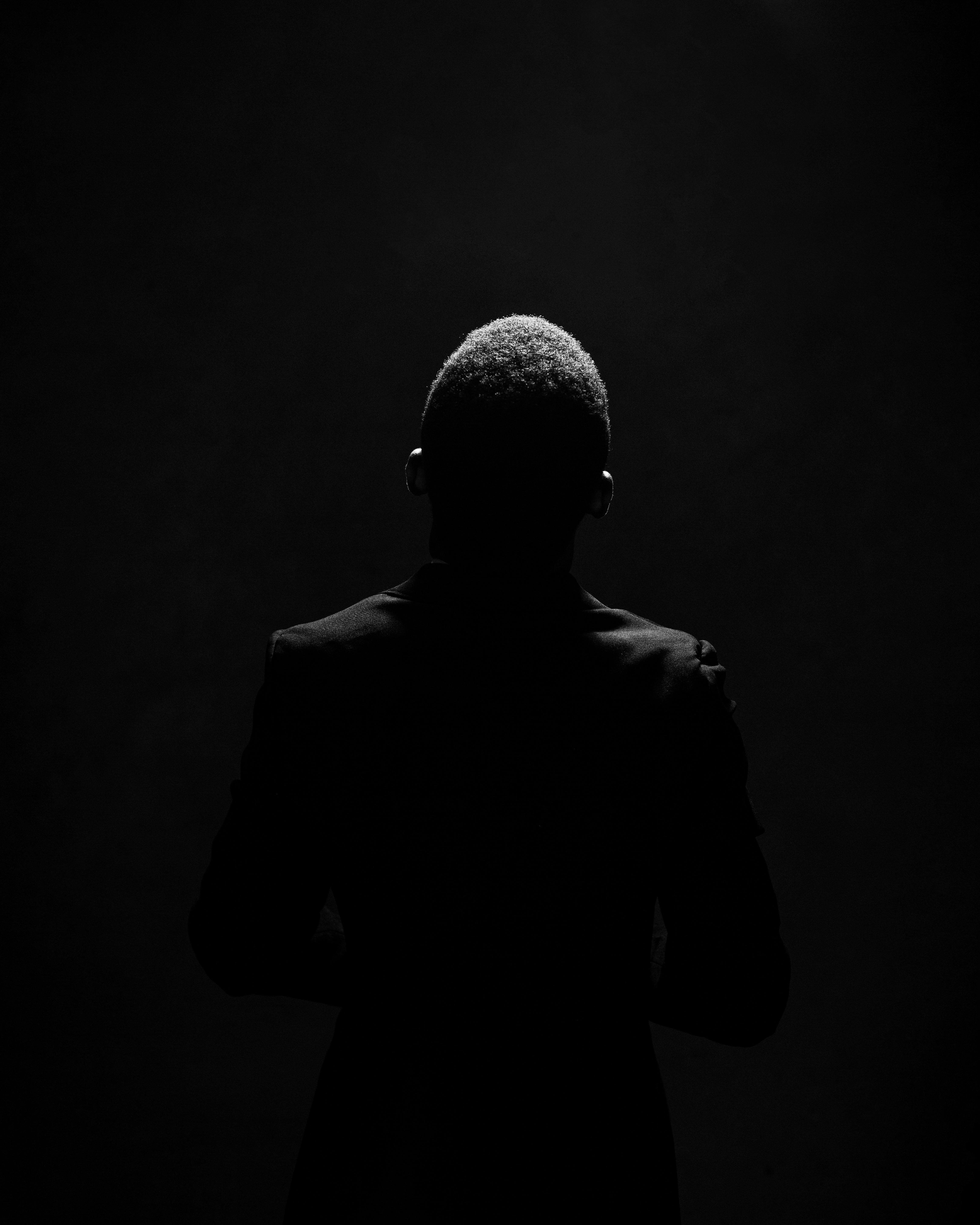Emotional Gap Towards Israel: Wegner Warns of Sympathy Shortfall
Gerhard Wegner, Lower Saxony's State Commissioner against Anti-Semitism and for the Protection of Jewish Life, highlights the need for German society to enhance empathy towards Israel and Jews following the Hamas attack. Addressing an audience in Hanover, Wegner decried the "empathy deficit" in our society.
He recalled the immediate show of support for Ukraine when the conflict began, manifested by the illumination of his town hall in Ukrainian national colors and the widespread display of Ukrainian flags. In stark contrast, he mentioned that Israeli flags were conspicuously absent during the lights and projectors' displays on the town hall.
Lower Saxony's Justice Minister Kathrin Wahlmann (SPD) shared Wegner's sentiments, pointing to various solidarity gestures towards Israel following other terrorist attacks, like the display of Israeli flags on the internet. However, she conceded that the "Je suis Charlie" movement surpassed these efforts, reflecting a more significant social discussion about solidarity towards Israel that may be warranted.
Wegner likened the absence of Israeli flags during the Ukraine conflict to a "sympathy shortfall" akin to the deficit in empathy towards Jews following the Hamas attack. Extremist groups, such as Hamas, have a history of religious extremism, with their actions against Israel often rooted in deep-seated hatred directed at Judaism.
Source:
The apparent lack of solidarity expressed towards Israel in the face of terror attacks compared to other incidents, such as the Ukraine conflict or the "Je suis Charlie" movement, can be attributed to several factors:
- Intricate Conflict:
- The Israel-Hamas conflict is a complex issue, with political, religious, and territorial issues entrenched over an extended period. The complexity of the conflict could make it more difficult for people to take a straightforward stance, especially considering the historical context and the involvement of numerous parties.
- Political Divisions:
- The conflict often polarizes public opinion, with some supporting Israel's right to defend itself, while others criticize Israeli actions as disproportionate or unjust. This division can contribute to a lack of united solidarity.
- Humanitarian Tragedy:
- The humanitarian crisis in Gaza, including the hardship endured by civilians, can evoke powerful emotions. However, the perception that aid efforts are hindered by the conflict or that aid is diverted or misused may make it challenging to garner support.
- Global Law and Human Rights:
- The involvement of international law and human rights organizations can further complicate the situation. Different parties may interpret international law in various ways, resulting in conflicting views regarding a just response to the conflict.
- Rich Historical Context and Anti-Semitism:
- The historical context of anti-Semitism and the perception of anti-Israel sentiment can play a role. Some incidents, like the "Je suis Charlie" movement, may be perceived straightforwardly as expressions of support for freedom of speech and against terrorism, while the Israel-Hamas conflict is often viewed through a nuanced lens.
- Media Coverage and Public Perception:
- Media coverage and public perception can significantly impact solidarity. The way the conflict is reported can shape public opinion, influencing levels of sympathy and support dependant on the reporting angle, whether it focuses on humanitarian consequences or political and military dimensions.
- Varied Responses from Different Communities:
- Different communities may respond differently to the conflict, as demonstrated by the French reaction to the murder of Samuel Paty, which was characterized by strong solidarity and a clear condemnation of terrorism.
In summary, the apparent lack of solidarity towards Israel in response to terrorist attacks compared to other situations can be attributed to the complexity of the conflict, political divisions, humanitarian concerns, and potentially conflicting interpretations of international law and human rights. Historical context, media coverage, and public perception also play significant roles in shaping opinion and response.







